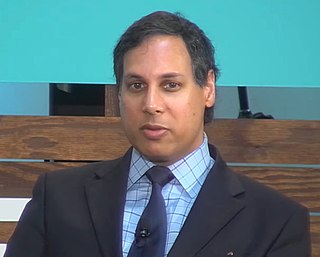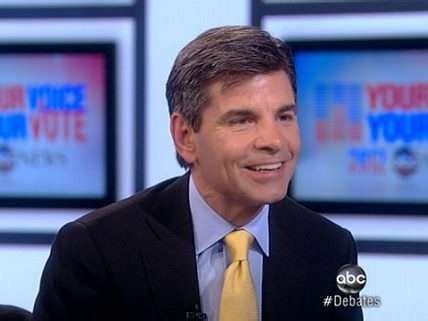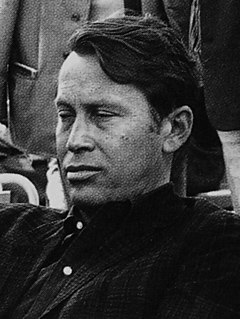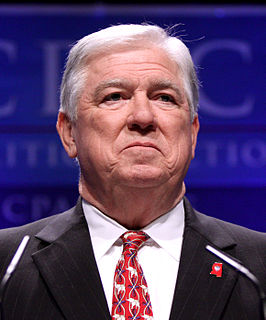A Quote by John Podhoretz
Obama lost his ability to push his agenda through Congress when he received what he himself called a 'shellacking' in the November 2010 elections. That shellacking was primarily the result of massive policy overreach when he had a Democratic Congress in his pocket.
Related Quotes
It's far from clear in general that Donald Trump is a guy who really thinks about the details of policy and is going to do the kind of heavy lifting you have to do as president to get those policies through in Congress. I think the hope is that Paul Ryan and his crew will push policies through Congress and Trump will just sign them. That's not really how policy works.
Normally what happens in a new presidency is the president has a big agenda, and Congress is full of people with human weaknesses. And so the president indulges the human weaknesses of members of Congress in order to pass his agenda. This time it's the other way around. Donald Trump does not have much of an agenda. Congress burns with this intense Republican agenda and so does Congress that has to put up with the human weaknesses of the president in order to get a signature on the things it desperately wants to pass.
'Elections have consequences,' President Obama said, setting his new policy agenda just three days after taking office in 2009. Three elections later, the president's party has lost 70 House seats and 14 Senate seats. The job of Republicans now is to govern with the confidence that elections do have consequences, promptly passing the conservative reform the voters have demanded.
Our president delivered his State of the Union message to Congress. That is one of the things his contract calls for -- to tell congress the condition of the country. This message, as I say, is to Congress. The rest of the people know the condition of the country, for they live in it, but Congress has no idea what is going on in America, so the president has to tell 'em.





































